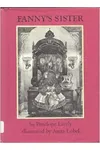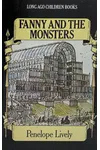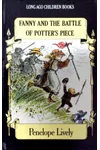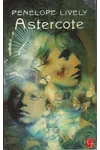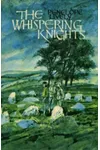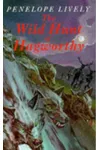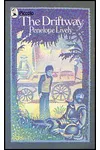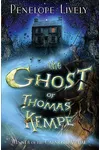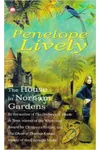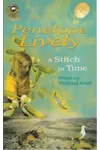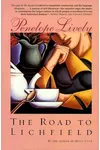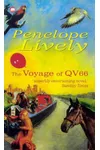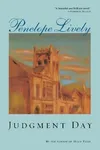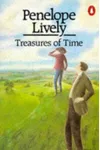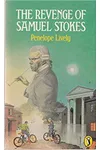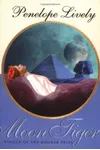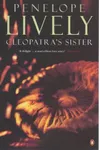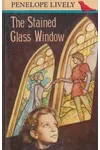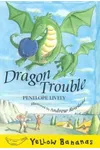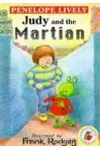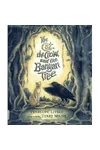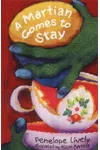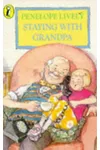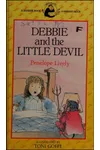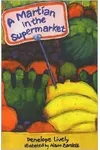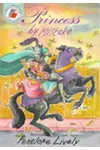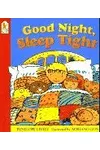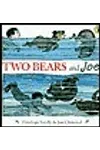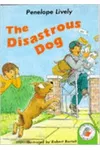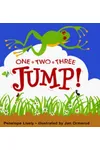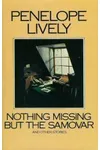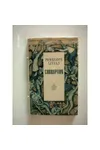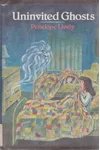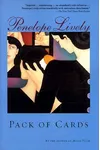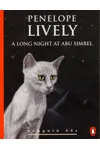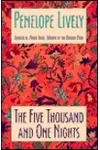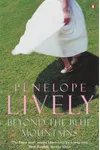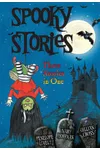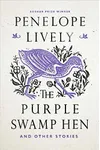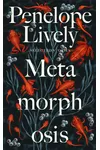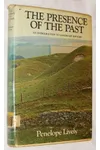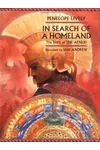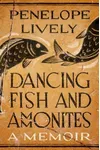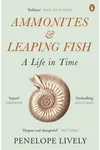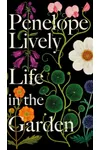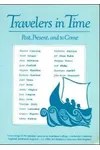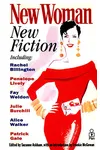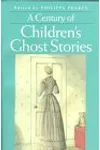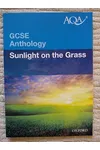Picture a British storyteller who wove tales of time, memory, and human connection—meet Penelope Lively! Born in Egypt and now a Londoner, Lively’s novels and children’s books, like the Booker Prize-winning Moon Tiger, captivate readers with their lyrical depth and insight. Her ability to blend past and present has made her a beloved voice in contemporary literature.
With a career spanning decades, Lively’s work explores how memories shape us, earning her accolades like the Carnegie Medal and Whitbread Award. Ready to dive into her world? Let’s explore the life and stories of this literary gem!
The Making of Penelope Lively
Born on March 17, 1933, in Cairo, Egypt, Penelope Margaret Lively grew up amidst the vibrant backdrop of a British expatriate family. World War II brought her to England, where she later studied history at Oxford University. This academic grounding in the past would later infuse her writing with a rich sense of time. Lively began her career writing children’s books in the 1970s, her early works like The Ghost of Thomas Kempe showcasing her knack for blending history with imagination.
Her shift to adult fiction in the 1980s marked a turning point. Inspired by her own reflections on memory and identity, Lively crafted stories that resonated with readers worldwide. Her unique perspective, shaped by her cross-cultural childhood and love of history, set her apart as a storyteller with a timeless touch.
Penelope Lively’s Unforgettable Stories
Lively’s bibliography is a treasure trove of thought-provoking narratives. Her 1987 novel Moon Tiger, which won the Booker Prize, follows Claudia Hampton, a dying woman reflecting on her life through fragmented memories. Its innovative structure and exploration of love, war, and time cemented Lively’s reputation as a literary innovator.
For younger readers, The Ghost of Thomas Kempe (1973) blends humor and history, earning the Carnegie Medal. The story of a mischievous ghost haunting a modern boy showcases Lively’s playful yet profound style. Other notable works include The House in Norham Gardens (1974), a children’s novel about grief and discovery, and Family Album (2009), a poignant adult novel about hidden family secrets.
Lively’s writing is marked by elegant prose, nonlinear storytelling, and a fascination with how the past shapes the present. Whether for children or adults, her stories invite readers to ponder the threads connecting their own lives, making her work both intimate and universal.
Why Penelope Lively Matters
Penelope Lively’s impact on British literature lies in her ability to make the personal universal. Her exploration of memory resonates with readers navigating their own pasts, while her children’s books inspire young minds to embrace history and imagination. Awards like the Booker Prize and Whitbread Award reflect her critical acclaim, but her true legacy is the emotional connection she fosters through storytelling.
Lively’s versatility—spanning genres and audiences—has influenced writers to experiment with form and theme. At 92, she remains a literary icon whose stories continue to spark reflection and wonder, proving that the past is never truly gone.
About Penelope Lively
- Born: March 17, 1933, in Cairo, Egypt
- Key Works: Moon Tiger, The Ghost of Thomas Kempe, Family Album
- Awards: Booker Prize (1987), Carnegie Medal (1973), Whitbread Award (1976)
- Genres: Literary fiction, children’s literature
Snag Moon Tiger or The Ghost of Thomas Kempe and dive into Penelope Lively’s enchanting blend of memory and imagination!
